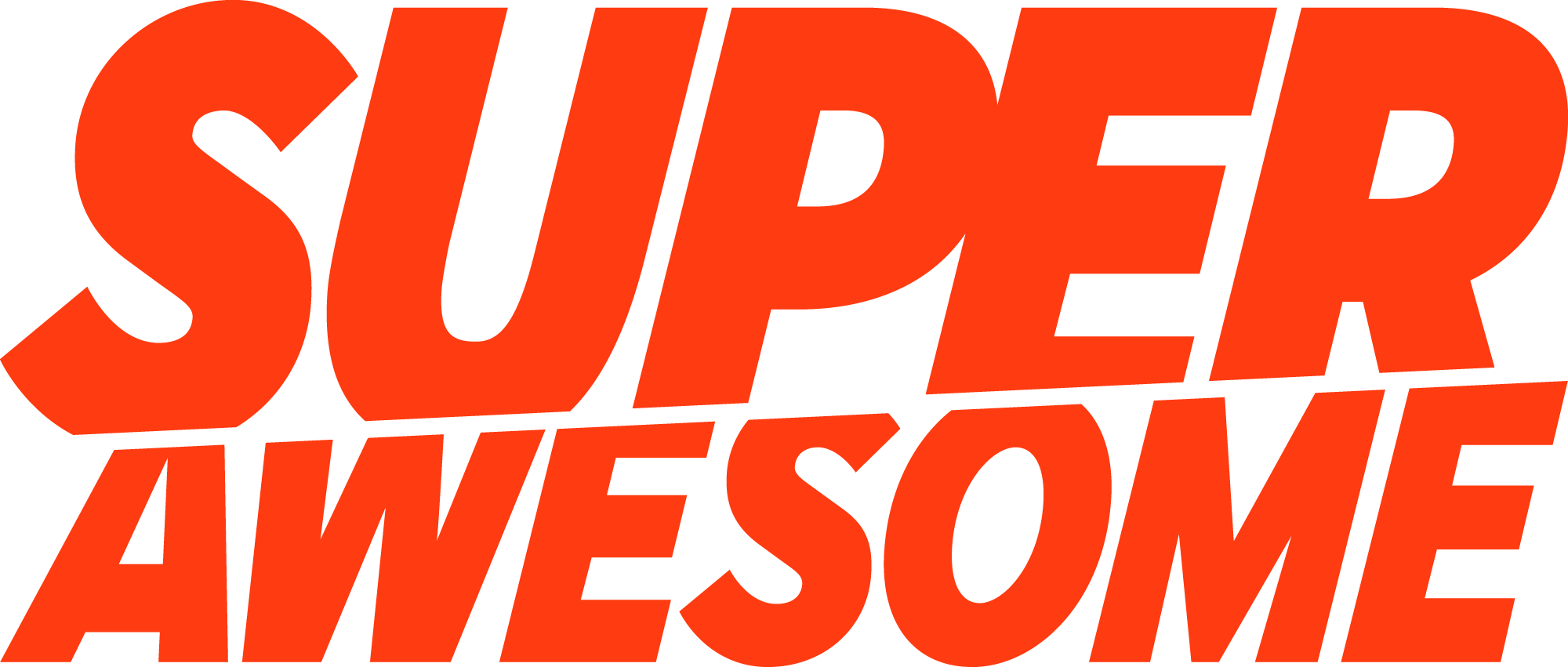In 2019, kids’ digital privacy went mainstream as Google was fined $170m by the FTC for breaching COPPA. This marked the first occasion that Silicon Valley had formally recognised the existence of children on general audience platforms.
In Episode One of Kidtech Season Two, FTC Commissioner Rebecca Slaughter sat with SuperAwesome CEO Dylan Collins to discuss *that* YouTube fine, emerging digital privacy policies in the kids space, the FTC’s role and what she thinks the future of COPPA might look like. Read More
In November 2019 we launched the KidAware online portal, providing anytime, online access to our most frequently requested courses on COPPA, GDPR-K and other kids’ digital regulations.
The portal provides brand, publisher and agency teams with up-to-date training on the rapidly changing world of kids data privacy laws, kids’ ad regulations and best practices for engaging kids compliantly online. Read More
Minecraft, kids’ favorite video game of 2019, wants users to “get crafty.” In early 2019 we saw girls increasingly enjoying gaming. By the end of the year, boys listed Arts and Crafts as a top 10 hobby. The gender gap is closing in the toy industry and it is being reflected in kids’ favorite hobbies. Does your marketing strategy reflect this? Read More
In 2019 we launched #Kidtech, the podcast that goes behind the scenes with the people and companies influencing the digital kids sector. Season One featured a series of incredible guests across many different areas of the kidtech sphere. You can take a glance back at some of Season One’s highlights… Read More
Last week, SuperAwesome hosted an exclusive industry breakfast briefing in NYC. Read More
Netflix recently announced that while their subscription numbers are growing abroad, with Asia-Pacific as the fastest-growing segment, growth has slowed in the US. Read More
SuperAwesome celebrates Safer Internet Day 2020, with PopJam working directly with schools to create content for kids by kids! Read More
Last week the UK data privacy regulator launched the most radical effort by any regulator to date to make the internet safer for kids—the Age Appropriate Design Code (AADC). The Code is a set of design guidelines for digital services that may be used by children. Any website, app… Read More
https://twitter.com/MrDylanCollins/status/1218125000391168000
SuperAwesome is a category-defining company. That makes it both a fascinating and challenging place to be a product manager. Over the next few articles, I want to share some of my thoughts on how we approach product strategy in a category-defining product company.
At SuperAwesome, we build kidtech. Kidtech exists to make the internet safer for kids by ensuring kid-safe digital products deliver privacy and responsibility by design. If you want to know more about the principles that underpin kid-safe online products, check out the Kidtech Standard, and please consider endorsing it.
Kidtech is an emerging category focused on enabling the internet for kids (who are now over 40% of new online users). We are not alone in attempting to solve kidtech problems, but it’s currently a pretty exclusive club. The kidtech space is still early, and because of this, there are so many problems to solve, and so many potential opportunities to pursue. Read More
Our Chief of Staff, Kate Devlin, was recently asked to speak at Start Up Week Dublin, on Scaling Culture in Organisations. As one of SuperAwesome’s early hires back in 2015, Kate’s role throughout her time at SuperAwesome has given her unique insight into how a culture scales from a few desks in the corner of a shared office space to five global offices, and over 150 people. Read More
